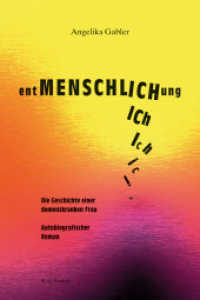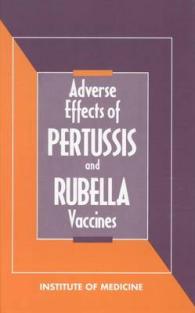Full Description
Traces the ways in which changing ideas about criminal sanction were reflected in and engaged with in early modern English society
Broadens the scope of current law and literature debate into the area of consequence
Offers analysis of both major and lesser-known literary texts, including Shakespeare
Explores new primary resources on early modern criminal sanction
Provides a new entry point for a wider examination of early modern culture
Will appeal to students, academic specialists and to a more general audience with an interest in history of crime
In a period in which some three hundred crimes were designated as felonies and punishable by death, a consideration of crime must inevitably lead to a preoccupation with consequences. Crime and Consequence in Early Modern Literature and Law analyses contemporary literary and legal texts, including drama, poetry and commentaries on the law, and considers how 'proportionable' punishment was imagined in the early modern period and how the possibility of justice miscarried might influence that imagining.
Contents
AcknowledgementsNote on Spelling, Citation and Abbreviation
Introduction
1. 'Vipers in the bosom of our Law': The Emergence of Perjury as a Common Law Offence
2. 'Hollow-hearted angels': Coins, Counterfeits and the Discourses of Treason
3. 'The Woman's Case put to the Lawyers': Miscarriage of Justice and the Case of Anne Greene
4. Pardon and Oblivion: Pardon, Benefit of Clergy, Peine Forte et Dure
5. 'England's Rubidg': Mary Carleton and the Early Use of Transportation
Bibliography







